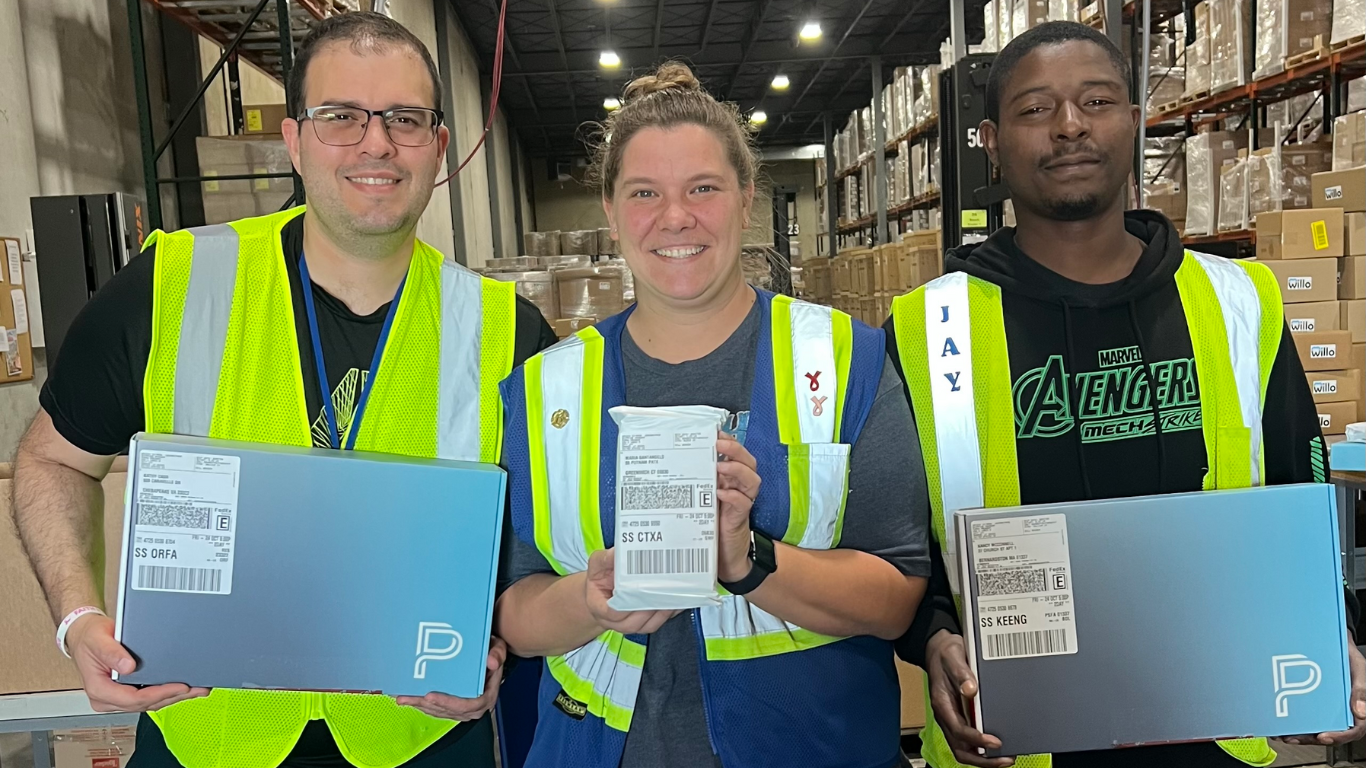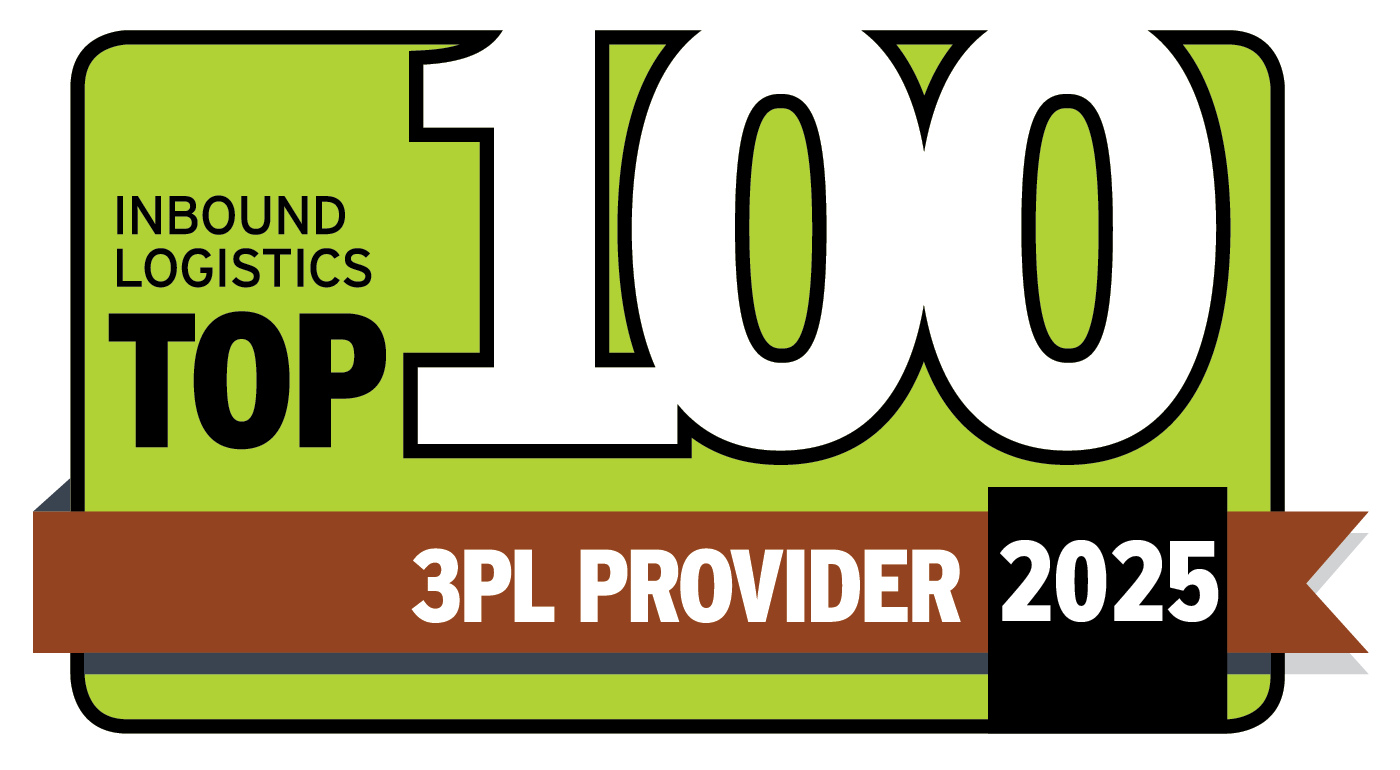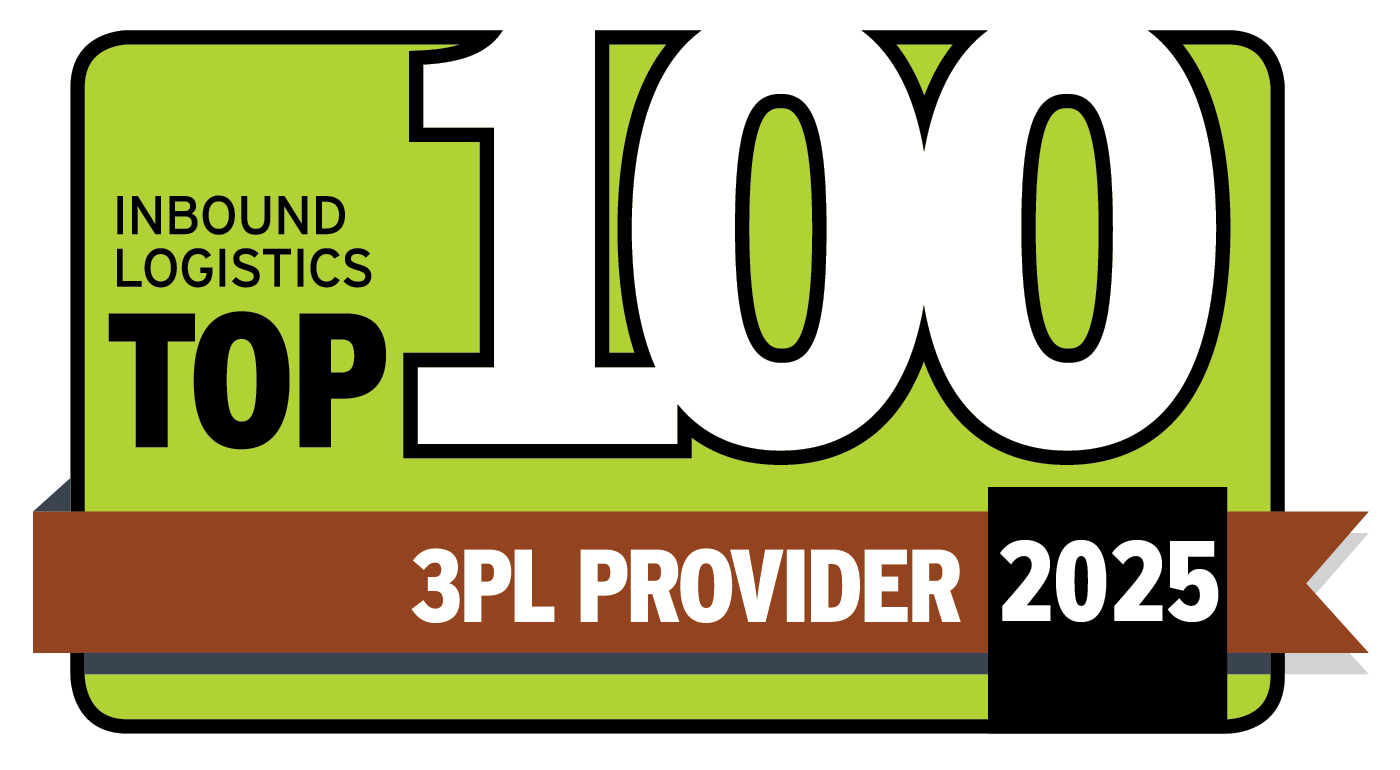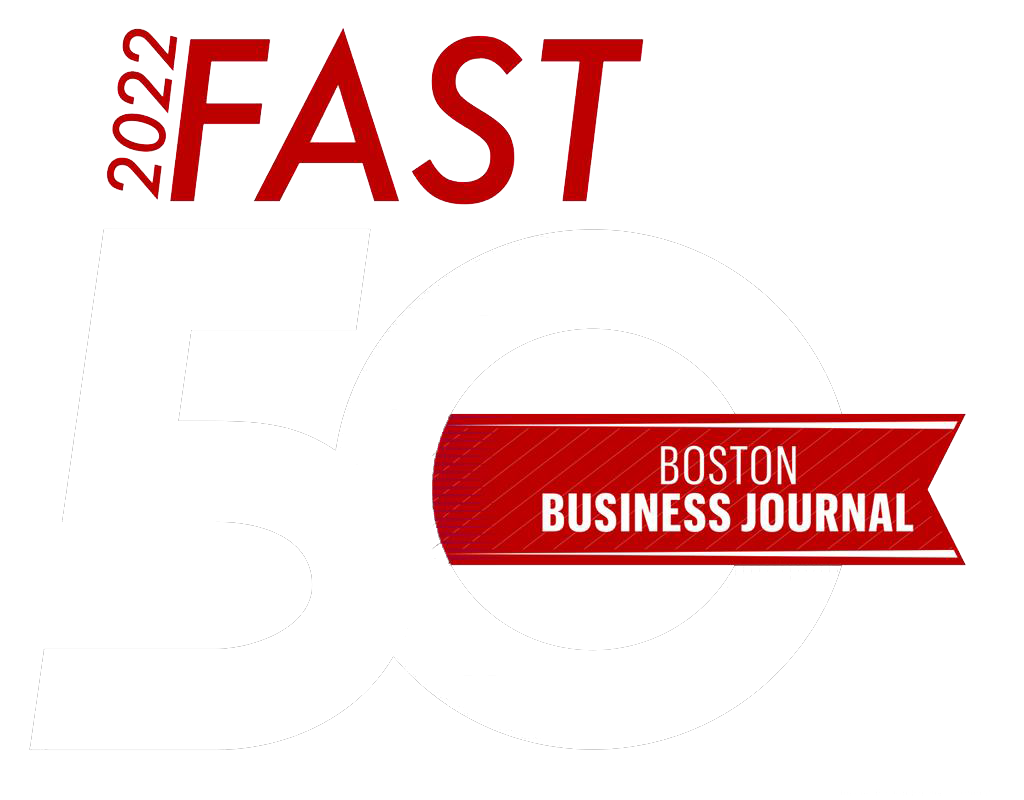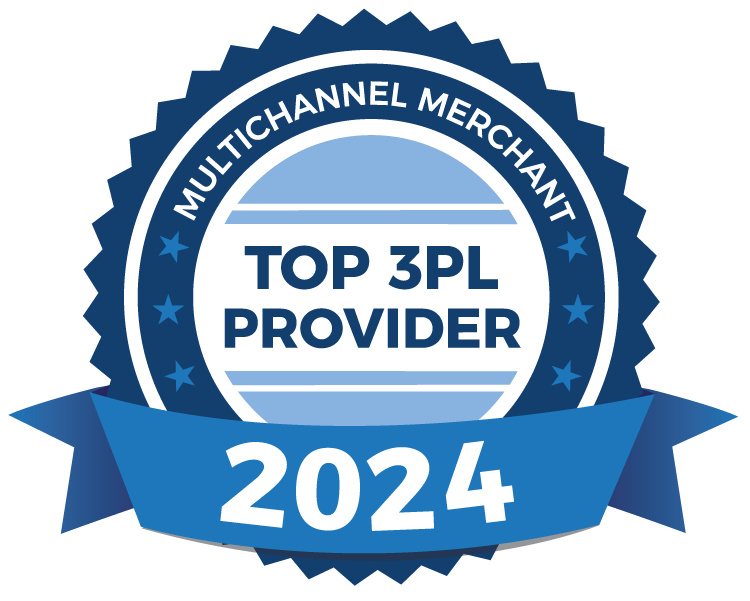Food Logistics: A Focus on Safety
According to 86% of Americans are seriously to moderately concerned about health or safety related food recalls. And rightfully so, considering that many foodborne illnesses are potentially lethal, including salmonella, E. coli, listeria, and even Hepatitis A. As a core concern of American families, there is nothing more important to preserving your brand image than maintaining a safe and clean food supply chain. Do you remember the Peanut Corporation of America (PCA)? In 2008, they were forced out of business shortly after it was discovered that they were the cause of a major salmonella outbreak. More than 700 people became seriously ill. 9 people died. The PCA underwent Chapter 7 bankruptcy and is still fighting civil lawsuits in court to this day. The damage didn’t stop there either, but extended to retailers who used the peanuts in their products. PCA had distributed contaminated peanuts as raw goods for companies such as Kellogg and Walmart, costing the two retailers over $70 million in recall related expenses. This may be an extreme example, but it is an eye-opening anecdote illustrating the potential impact that poor oversight of your food supply chain can have.
As you can see, it is not enough to control what happens inside your facility. Your suppliers and vendors are also responsible for the safety of your products. In recent news, to popular fast food chains, including McDonald’s, Kentucky Fried Chicken and Taco Bell. Already, Yum! Brands, owners of KFC and Taco Bell, have announced . As you can see, it is not enough to oversee your own operations. It is crucial to have oversight of your supplier’s operations in order to ensure that what comes in the door is safe.
In order to protect your company from a potential disaster, it is imperative to establish procedures approved by the major food regulatory agencies. The two regulatory agencies responsible for monitoring the Nation’s food safety are the Food and Drug Administration (FDA) and Food Safety Inspection Service (FSIS). FSIS is responsible for the safety of meat, poultry and eggs. Every other food product falls under the jurisdiction of the FDA. The latest effort from the FDA impacting food safety controls is the Food Safety Modernization Act (FSMA).
Signed into law in 2011, the FSMA influences your fulfillment operations are now being influenced from every angle. The new authority at the FDA’s disposal can mean a variety of things for your supply chain operations.
- Preventative Measures: The FDA is now more focused on pre-empting recalls than responding to them. This will be done by holding any facilities that produce, distribute or handle food accountable for leveraging FDA-approved safety measures to combat contamination. This can mean an upgrade to facilities, hiring better skilled staff or implementing new practices.
- Response Authority: The FDA now has the authority to issue mandatory recalls on all food products. In an effort to prevent these dangerous health issues to the public, recalls can be put into effect when standards and regulations are not met and a potential contamination could occur. This new ability for the FDA places a higher than ever obligation on your company to safely produce and transport your product.
- Science Based Standards: These will be the new minimum for acceptability. Along with these modern standards, inspection frequency will increase based on risk. This could be another reason for the aforementioned changes to infrastructure. All of these changes will put an even greater importance on not only streamlining, but enhancing your logistical processes to maintain the same level of distribution service.
The safety and security of the food supply chain is monitored closer than ever before, and rightfully so. With over 300,000 hospitalizations and 5,000 deaths each year, food safety processes need to be enhanced. However, as a food product producer, the resources and expertise necessary to navigate this changing landscape aren’t always available. At ÐÇ¿Õ´«Ã½ ÐÇ¿Õ´«Ã½Centers, the facilities, staff and experience can all be leveraged to maintain the safety of your food product and fulfillment service competency to which your customers have become accustomed.
Recent Blog Posts

